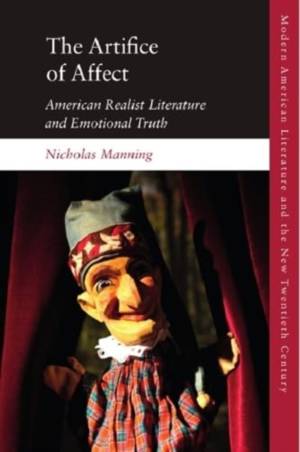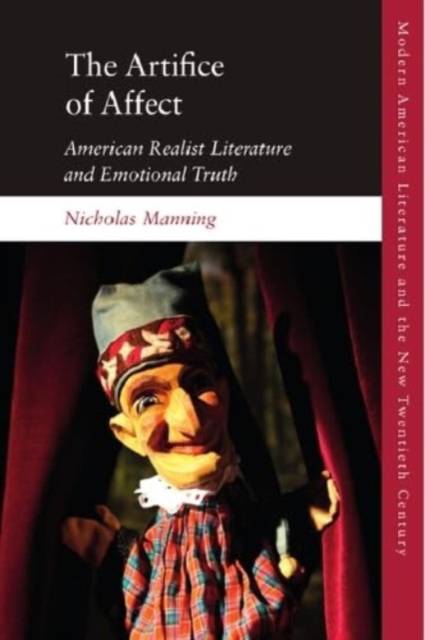
- Afhalen na 1 uur in een winkel met voorraad
- Gratis thuislevering in België vanaf € 30
- Ruim aanbod met 7 miljoen producten
- Afhalen na 1 uur in een winkel met voorraad
- Gratis thuislevering in België vanaf € 30
- Ruim aanbod met 7 miljoen producten
Omschrijving
Is emotional truth a damaging literary and cultural ideal? The Artifice of Affect proposes that valuing affective authenticity risks creating a homogenized self, encouraged to comply only with accepted moral beliefs. Similarly, when emotional truth is made the primary value of literature, literary texts too often become agents of conformity. Nowhere is this risk explored more fully than in a range of American realist texts from the Cold War to the twentieth century's end. For the works of writers such as James Baldwin, Saul Bellow, John Cheever, Kathleen Collins, Paula Fox, Ralph Ellison, or Richard Yates, formulate trenchant critiques of true feeling's aesthetic and social imperatives. The arguments at the heart of this book aim to re-frame emotional processes as visceral constructions, which should not be held to the standards of static ideals of accuracy, legitimacy, or veracity.
Specificaties
Betrokkenen
- Auteur(s):
- Uitgeverij:
Inhoud
- Aantal bladzijden:
- 296
- Taal:
- Engels
- Reeks:
Eigenschappen
- Productcode (EAN):
- 9781399507998
- Verschijningsdatum:
- 12/01/2024
- Uitvoering:
- Hardcover
- Formaat:
- Genaaid
- Afmetingen:
- 140 mm x 216 mm
- Gewicht:
- 489 g

Alleen bij Standaard Boekhandel
Beoordelingen
We publiceren alleen reviews die voldoen aan de voorwaarden voor reviews. Bekijk onze voorwaarden voor reviews.











